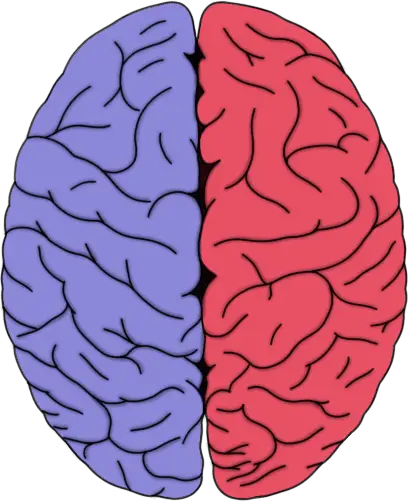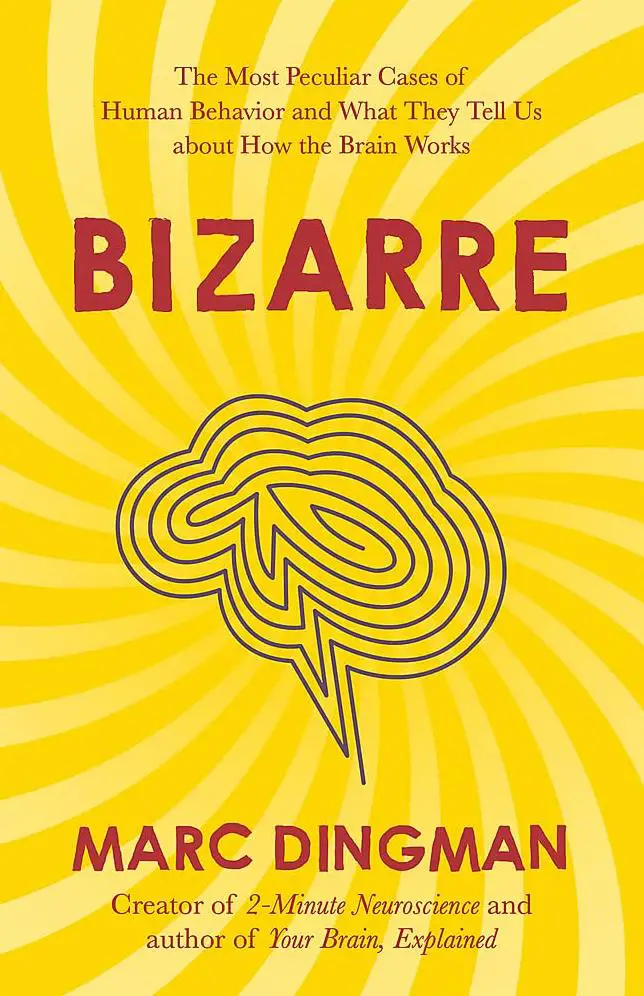Encephalon Celebrates its Emerald Anniversary
Welcome to a landmark edition of Encephalon, the cream of the crop of brain science blog carnivals. This is the 55th edition of Encephalon, an anniversary achieved by less than 5% of married couples. Thus, this edition is a testament to the dedication of neuroscience bloggers: they don’t even take vows, yet they still stay committed to providing their readers with scintillating perspectives on developments in brain science. While more than 95% of married couples give up before their emerald anniversary, brain bloggers keep typing away, upholding their pledge to inform. (We will conveniently disregard the fact that Encephalon occurs biweekly, not annually, which, if considered, would make the analogy to marriage somewhat ridiculous.) Anyway, on to a selection of the best and brightest neuroscience blogs from the last couple of weeks.
Jeremy, a contributor to SharpBrains, provides a superbly written piece about assessing the affects of video games on adolescents. The rational perspective is greatly appreciated.
Greg from Neuroanthropology discusses neuroplasticity, and why the process has been oversimplified, the term overused, and the hype a little unjustified (hmmmm...this reminds me of mirror neurons).
The Neurocritic applies his caustic wit to the sensationalism that surrounds studies of the underlying personality traits of liberals and conservatives.
Cognitive Daily looks at a study of teenagers' sexual behavior. Listen up, abstinence-only advocates...
Dr. Shock MD reviews targets in the brain for deep brain stimulation, an intriguing treatment for highly resistant depression.
Mo at Neurophilosophy has an excellent and thorough discussion of a fascinating disorder: developmental topographagnosia.
Brain Blogger contributes its usual group of insightful posts. One discusses the potential antipsychotics may have in reducing the risk of suicide in depressed patients, something that current antidepressants fail at doing (they sometimes actually increase it). Another examines a little-known treatment for diabetes: the ketogenic diet.
Neuronism continues to impress with well-written contributions to Encephalon. This one is an overview of computational neuroscience, a little-understood but increasingly important field.
Dan at Sports are 80 Percent Mental is exceptional at getting us to consider the neuroscience of sports. This time he describes the success of different cognitive strategies in golf.
The Mouse Trap has two interesting postings about 8 common adaptive problems that drive evolution across species, they are here and here. Another post discusses a suggested expansion of the big five personality traits.
That's it for the emerald edition of Encephalon. Thanks for all your submissions! The next edition will be hosted by Combining Cognits on October 13th. Send your submissions to encephalon host gmail com.


